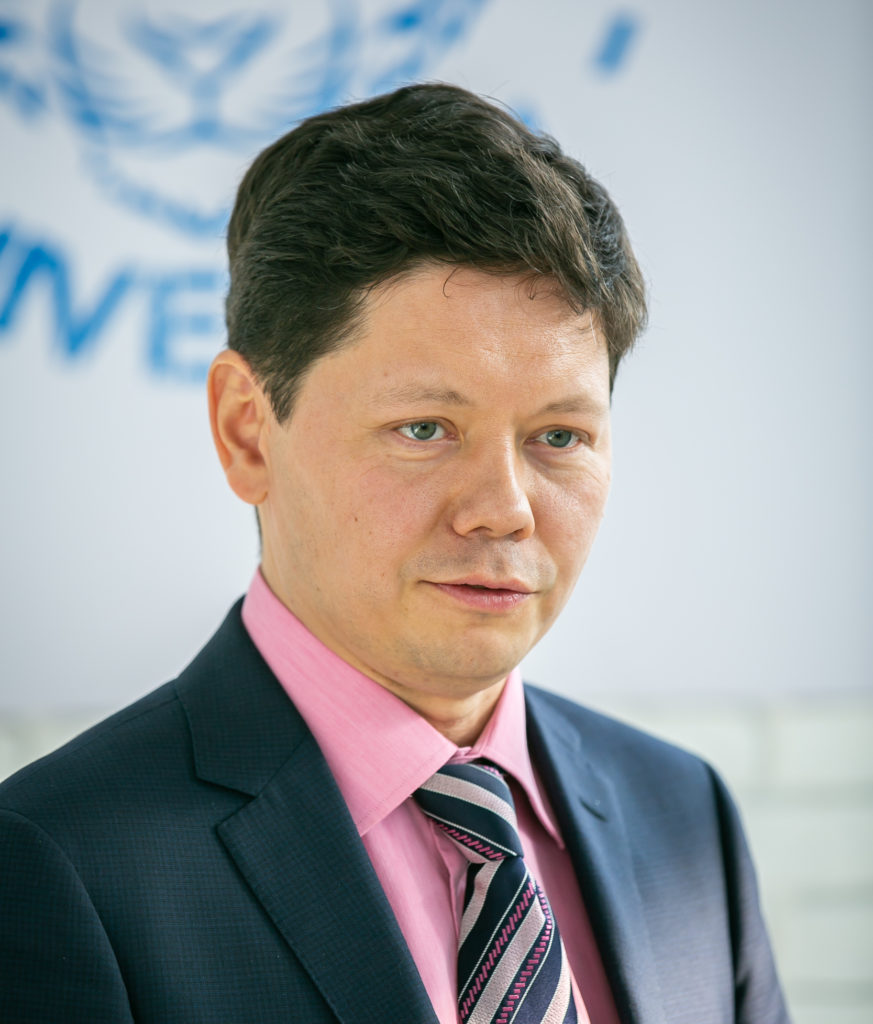NUR-SULTAN – Discussions of environmental responsibility have now permeated Kazakh society and the one-year-old ECO Networks project aims to change how people dispose of waste, starting with the workplace.
ECO Networks helps businesses create their own Eco Offices, where employees can sort waste for recycling, find companies to distribute their sorted waste – and thereby promote themselves as an environmentally friendly workplace.
“I thought about it when I first started sorting the waste at home. Well, I realised that everything with the infrastructure is very bad. Even if there are containers [for processing recyclables], they throw all in one, dump it into a single truck,” ECO Networks Founder and Kazakhstan Stock Exchange (KASE) Managing Director Yevgenii Mukhamedzhanov told The Astana Times.
According to him, although Kazakhstan has recycling plants, there are no services serving people who want to recycle.
“I studied the market a bit. I looked at how some projects were working on the market. And I realised that basically they are students. Of course, they cannot do anything of large-scale to solve the problem. That is, they bring the boxes, take them away and quickly close,” he said.
ECO Networks also wants both itself and the businesses it serves to profit from their partnership.
“On waste paper, you will not earn with small volumes. Large volumes have long been disassembled by large players where there are printing houses… In order to solve this issue on a large scale, we needed a service that would learn how to work with business and make it profitable for business to pay for it,” he said.
The Kazakh market buys a kilogramme of paper waste for 20 tenge (US$0.05). But paying to have such a small amount of paper sent to a recycling service would likely cost more than that. That means recycling is a drain on businesses, not a benefit.
ECO Networks, therefore, focuses on corporate standards and company image, aiming to use recycling to boost a business’ brand, Mukhamedzhanov said.
“We made the focus to the HR brand. We invested into the values of the workers, so that the external image is formed. And we came with this product and told a business ‘Would you like this? It will cost from 20,000 (US$51.70) and higher depending on the number of the staff. We are ready to implement and accompany.’ The business took it very well,” he said.
ECO Networks tested their concept with four companies Nov. 15, 2018, and added one later.
“They liked it and in March we announced that we are ready to go for the industrial exploitation. And we started to actively attract companies, and we’re growing fast,” he said.
The company has been growing almost exponentially in its year of its existence. To date, ECO Networks has 75 companies in its network that covers approximately 15,000 people.
“Approximately 80 percent of the companies with which we meet sign a contract with us,” Mukhamedzhanov said. “We see that the companies participate with great pleasure and are responsive. In other words, we chose the precise moment… When people understand that nothing good happens for free.”
The company attracts all kinds of businesses, from small firms with a handful of employees to companies like Kcell and Astana Motors with thousands.
The project has launched services in Nur-Sultan, Aktobe and Taldykorgan.
“We recently signed our first franchise deal in Kazakhstan. Currently, we are doing the first round of investment,” he said.
ECO Networks also started a social project to provide their service in seven public schools free of charge.
“We are not ready to take money from them. We take them as a social responsibility. In other words, we are a social entrepreneurship and as a social project we work with schools,” he said.
“Plus, we have social projects in social projects. We order all our eco boxes from the Society of People with Blindness. And the Society of Mothers with Many Children design all the string bags and bags for clients… We are always coming up with ways to develop this social ideology,” he added.
ECO Networks has plans to grow bigger and eventually make more people socially responsible.
“We have a goal to reach 1 million people in five years. In other words, we will have 1 million conscious people who will pressure all those who are unaware,” he said.


